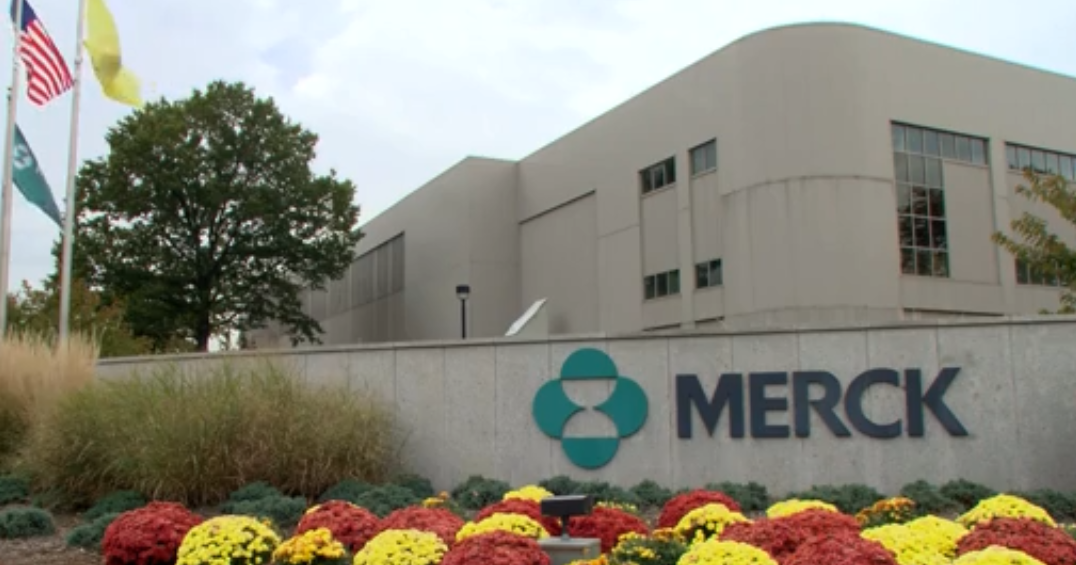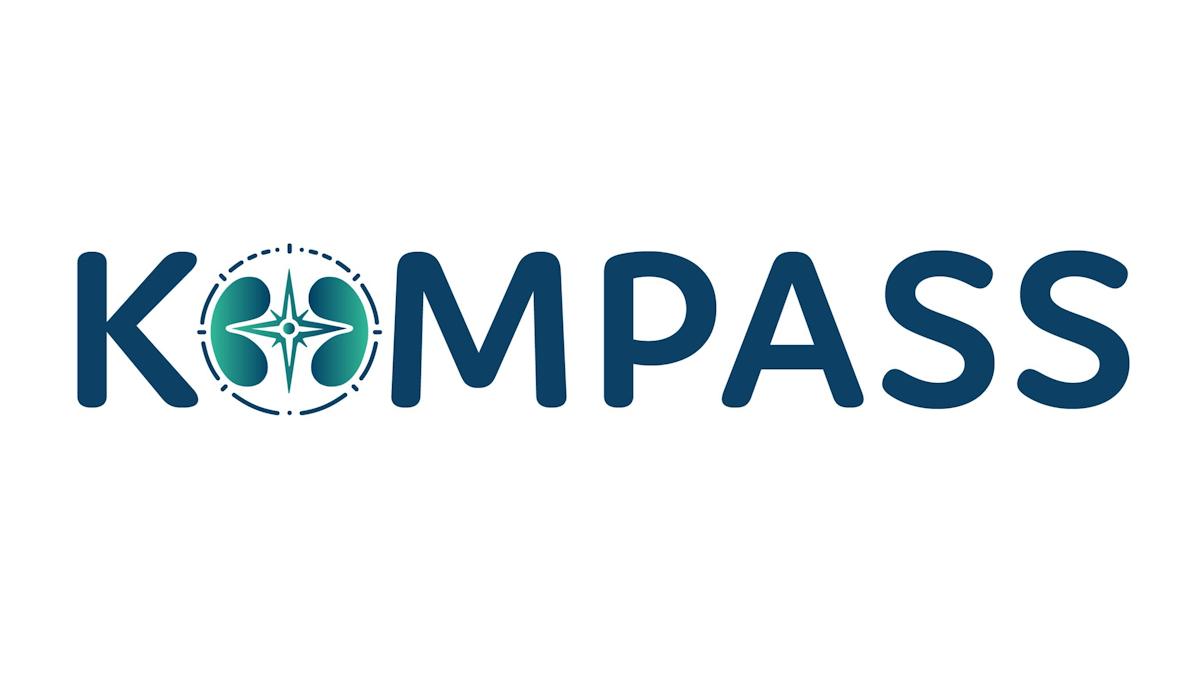Merck, Eisai get triple approvals for Keytruda/Lenvima combination

The combination of Merck & Co’s Keytruda with targeted drug Lenvima has been approved for endometrial cancer in the US, Canada and Australia – becoming the first drugs to go through a simultaneous review process spearheaded by the FDA.
The approval is for use of PD-1 inhibitor Keytruda (pembrolizumab) in combination with Merck/Eisai’s multikinase inhibitor Lenvima (lenvatinib) in patients with certain forms of advanced endometrial carcinoma. It is also the first green light for a Keytruda/Lenvima combination in any indication.
The FDA, Health Canada, and Australia’s Therapeutic Goods Administration (TGA) collaborated on the review under a project known as Orbis, designed to speed up the roll-out of new therapies internationally.
The application for Keytruda/Lenvima is the first to be approved under the new scheme, which in time is expected to be extended to other regulators, including the EMA in Europe.
Keytruda plus Lenvima can now be used in patients with recurrent advanced endometrial carcinoma that doesn’t have two specific biomarkers – microsatellite instability-high (MSI-H) or mismatch repair deficiency (dMMR) – and aren’t suitable for curative surgery or radiation therapy.
Keytruda has already been approved for MSI-H and dMMR tumours, regardless of their location in the body. It is estimated that around 75% of endometrial cancers don’t have those biomarkers.
Merck forged a $5.76 billion collaboration for Eisai’s Lenvima last year, negotiating a 50% profit share from sales of the drug – previously approved for thyroid and kidney cancer – as well as development rights for Lenvima/Keytruda combinations.
Endometrial cancer is the first approval for the pairing, although Merck and Eisai have previously said they plan to test it in at least six different cancer types, including kidney cancer, melanoma, bladder cancer and non-small cell lung cancer (NSCLC).
The new approvals are based on the results of KEYNOTE-146/Study 111, a phase 2 trial, which enrolled 108 patients. The majority (87%) had tumours that were not MSI-H or dMMR, and in these Keytruda/Lenvima had an overall response rate of 38.3%, with 10.6% complete responses. Two thirds of patients responded for six months or longer.
Continued approval is conditional on verifying the efficacy results in the phase 3 KEYNOTE-775 trial, which is testing the combination in the second-line setting and is due to complete in 2022. Meanwhile, Merck and Eisai are also comparing first-line use of Keytruda/Lenvima against chemotherapy in the LEAP-001 trial that will read out in 2023.













